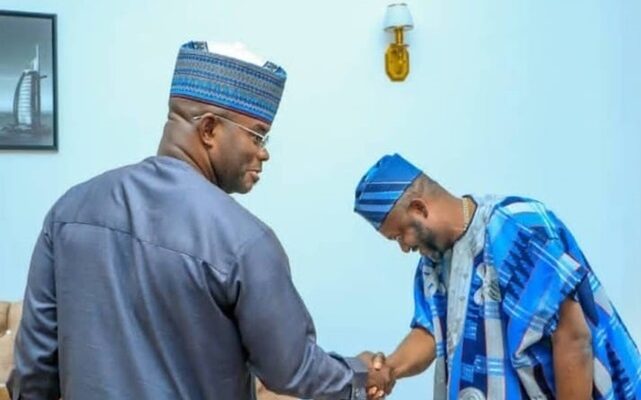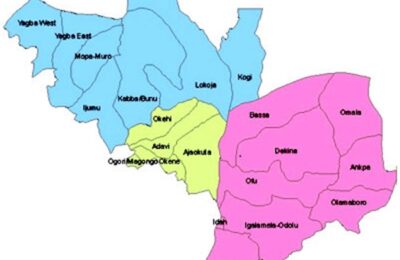Politics, in Nigeria as elsewhere, is often a game of shifting loyalties, half-kept promises, and calculated betrayals. Few recent stories illustrate this more vividly than the account given by Edward Onoja, former Deputy Governor of Kogi State, in his podcast interview with Seun Okinbaloye.
Onoja revealed that former Governor Yahaya Bello had promised to hand over the mantle of leadership to him, only to withdraw support on the eve of the APC primaries. Bello allegedly gave two reasons: first, that Onoja’s “capacity was too much for the Governor”; and second, that “his people in Kogi East didn’t like him because he supported a non-Igala.”
Behind these words lie two profound lessons on the dynamics of power and loyalty.
Lesson One: Never Outshine the Master
The first reason strikes directly at what Robert Greene, in his classic The 48 Laws of Power, identifies as Law 1: Never Outshine the Master. Greene warns: “Always make those above you feel comfortably superior. If you make them appear more brilliant than they are, you will attain the heights of power.”
Onoja, by all accounts, was not just a deputy but a political powerhouse in his own right. During Bello’s first term, they were often described as “Siamese twins.” Insiders recall that decisions were rarely made without Onoja’s input, and his political defense of the administration was unmatched in zeal and ferocity. At times, his influence rivaled that of the Governor.
While this won him admiration from supporters, it also blurred the lines between loyalty and competition. To Bello, the prospect of being succeeded by an equal—or worse, someone perceived as more sophisticated in political maneuvering—was unacceptable. Succession, in Bello’s mind, required a loyal subordinate, not a co-kingmaker. Onoja’s “capacity,” instead of being an asset, became a disqualification.
Lesson Two: Guard Against Misplaced Loyalty
Bello’s second reason—that the Igala people of Kogi East disliked Onoja for supporting an Ebira governor—touches on the complicated ethnic politics of the state.
By rallying behind Bello, Onoja alienated his kinsmen, who saw his loyalty to an “outsider” as betrayal. His promotion of the controversial slogan Enemuneme (“a stranger is better than a brother”) deepened this perception. In politics, where communal identity remains potent, this was a costly miscalculation.
Here, Greene’s Law 2: Never Put Too Much Trust in Friends, Learn How to Use Enemies is instructive. Greene observes: “Be wary of friends—they will betray you more quickly, for they are easily aroused to envy. Instead, use enemies, for they have more to prove.”
To Bello, Onoja’s loyalty to him against his own people revealed both strength and weakness. Strength, because Onoja was willing to defend him even when it cost him at home. Weakness, because if Onoja could betray his own kith and kin, he might also one day betray Bello. In this light, Bello may have judged that the safest path was to deny him the ticket.
Between Loyalty and Betrayal
The irony in this saga is striking: Onoja’s loyalty became his undoing. By standing too firmly with Bello, he lost credibility among his people. By exercising too much capacity beside Bello, he lost the Governor’s confidence.
He fell, in essence, to Greene’s first two laws of power—outshining the master, and placing too much trust in friendship. His political tragedy illustrates how even the most loyal ally can become a threat in the eyes of a leader consumed by survival and legacy.
Conclusion: Two Lessons for Nigeria’s Political Class
From Edward Onoja’s alleged betrayal, two lessons stand out:
- Power fears equals, not subordinates. Outshining the master is a dangerous misstep in politics, no matter how capable or loyal you are.
- Communal sentiments remain powerful. Misplaced loyalty can estrange a politician from his base and make him appear unreliable to his benefactor.
In the ruthless chessboard of Nigerian politics, friendship is often secondary to interest. Yahaya Bello’s decision may be seen as betrayal, but it was also a survival tactic. And in the final analysis, as Robert Greene reminds us, “Power is a game, and in that game, loyalty has limits.”
– Eneojo Herbert Idakwo writes from Abuja.




